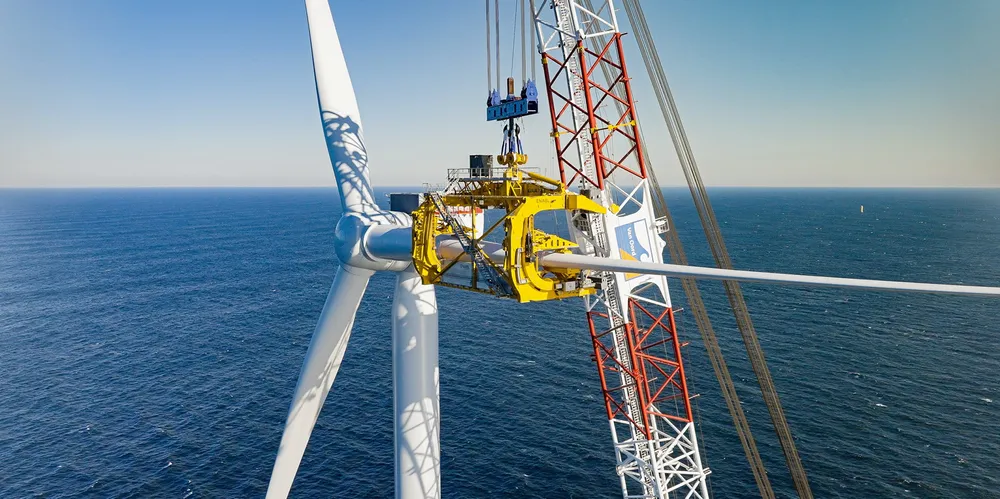'Just one nation to hit target' as offshore wind falls far short of global climate needs
Only Poland will achieve its 2030 ambitions with just half of 500GW needed for Paris goals in place by then, says ERM

Global offshore wind installations by the end of the decade are set to fall far short of what's needed to meet climate ambitions, according to a report released Wednesday by industry consultancy ERM.
Referencing the International Renewable Energy Agency (Irena)’s benchmark of 500GW of operational capacity by 2030 to keep the world on track for the 1.5°C target of the Paris Agreement, ERM notes that global installations are likely to reach around 250GW at best, and even that might be optimistic in light of contracted projects being withdrawn in the UK and US.
Development timelines that average 12 years due to slow permitting, lack of financing and supply chains in turmoil will all contribute to massive shortfalls, the report claims.
“The offshore wind industry has experienced a lot of headwinds in 2023 – government and industry need to work together to solve the supply chain, price inflation and policy challenges blocking more widespread project development,” says Breanne Gellatly, ERM partner and global lead for strategy and markets.
The global industry has made progress with some 9GW installed and 40GW secured financing since COP27 last year. Global capacity stands at 64GW, split between China (31GW) and Europe (31.2GW). Some 400GW of projects have been announced as well, raising the global pipeline by 30%, ERM said.
Reaching the Irena 2030 target will require adding 70GW every year, a tall order as "uneconomic conditions and uncertainty are causing developers to act cautiously, reducing the amount of offshore wind capacity reaching FID [final investment decision] and progressing through the development stages,” ERM said.
It’s predicted that the current capacity that could come online in 2030 represents just 36% of the capacity needed that year, the consultancy noted.
“There is no single body who can solve this alone and accelerating offshore wind deployment requires involvement from multiple stakeholders across policy makers, developers, supply chain and industry, making the discussions and outcomes of COP28 critical to enabling the offshore wind industry to play its role in tackling climate change,” said Gellatly.
Floating wind is not expected to make any meaningful contribution by 2030, as "the market is immature, and many barriers are hindering the industrialisation of floating capacity," the report added.
Hope is not entirely lost in meeting the 2030 goals, ERM said, adding that "international collaboration is central to the progress of the global offshore wind industry and must feed into each action where possible."
The consultancy said the global sector, particularly emerging markets, should look to nations with "transparent tender processes, specific criteria, and defined offtake arrangements" including the UK, Denmark, Germany, France, and the Netherlands, as role models.
"Emerging markets are advised to observe these mature markets to identify successful strategies and avoid pitfalls, thereby achieving their ambitious offshore wind goals," the report added.